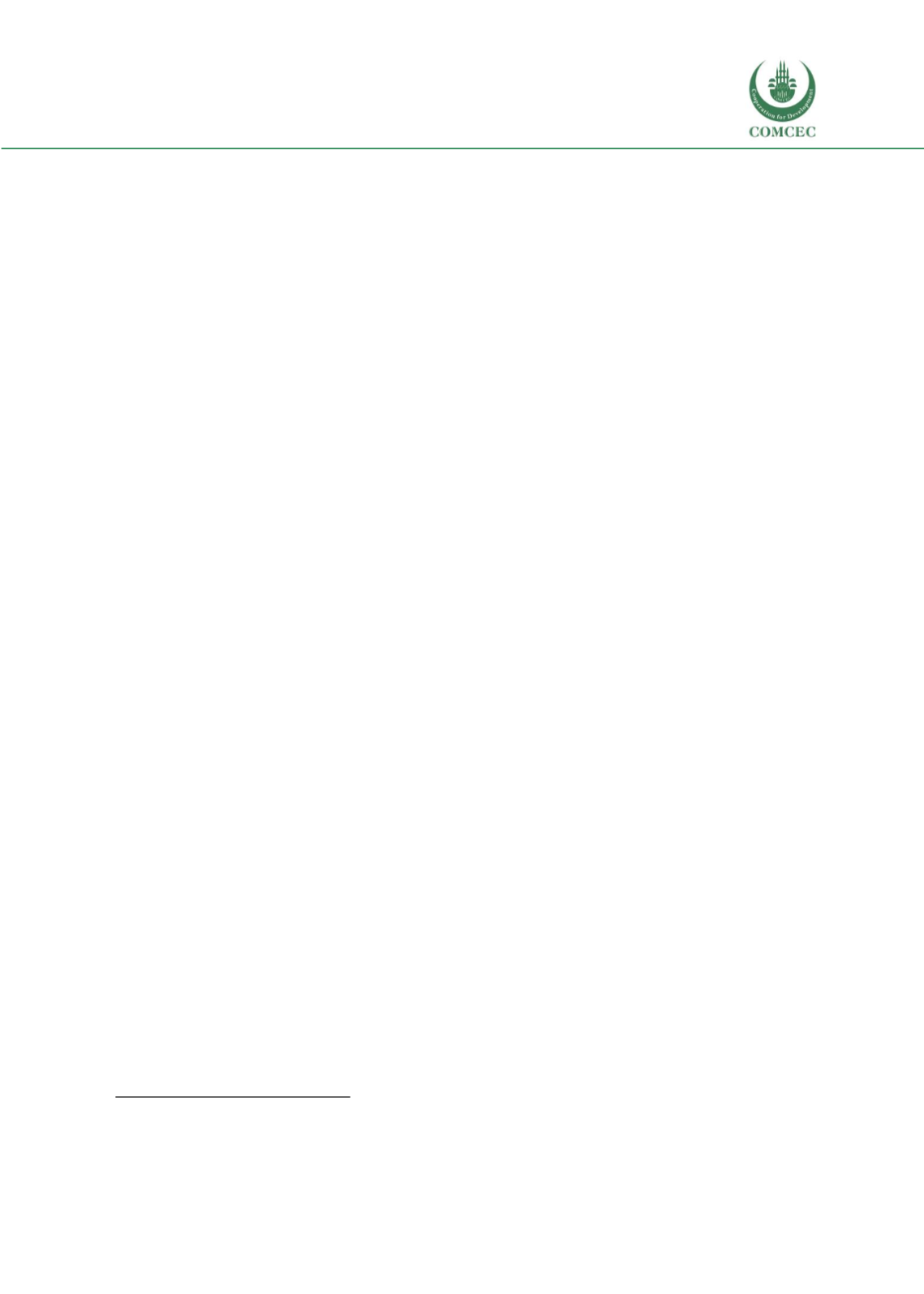

Education of Disadvantaged Children in OIC:
The Key to Escape from Poverty
85
early grade primary students with less qualified teachers putting them at higher risk of repetition
and drop-out. In order to avoid nefarious incentives it is therefore important to define
‘results’/‘performance’ of schools as more than strictly the test performance of students on
national assessments.
Policies
Long-term strategic plans
The establishment of the Ten-Year Education and Training Program (PDEF)
244
for the period
2000-2011 saw a greater influx of public resources into the education system. Between 2000 and
2011, allocations to the education from the government budget increased from 105 billion to 423
billion CFAF, with an average annual growth rate of 12.5%. The availability of these resources
made it possible to improve results and achieve the goals especially around
the first
of the three
PDEF strategic axes i.e. (1) expanding access to all levels of education system, (2) improving the
quality of learning and (3) strengthening the devolution/decentralization. The quality of learning
did not improve and the implementation of the devolution has been patchy. The appraisal of the
PDEF and the situation of education constituted the basis for the elaboration of the (2013-2025)
“Program for Improving Quality, Equity and Transparency “(PAQUET). PAQUET is the strategy
for the emergence of the "Education for the improvement of human capital” (Pillar II of the
“Emerging Senegal Plan: PSE” 2014-2035). Reforms affecting different levels of education have
been launched since 2013 in order to experiment with new practices or to generalize existing
good practices.
The strategic priorities include (1) establishing the 10-year compulsory basic universal education
and reach out of school children (2) focusing on quality by reforming teacher training, the
relevance of the curriculum, prioritize reading, mathematics, sciences and civic education (3)
establish monitoring and evaluation processes to support the move from input-based
management of the education sector into results-based management and create accountability
systems to enhance school staff’s productivity (4) improve the efficiency of the education sector
budget (5) improve transparency (and thus accountability) by increasing consultations with
parents, local communities, private sector and civil society in the planning, implementation and
review of education programs.
The rest of the section will cover select policy interventions aiming at different objectives (quality,
supply-side, demand-side, governance)
Quality Improvement
The PDEF era saw the successful implementation of some reform efforts and evaluated pilot
activities. These include establishing regular national assessments that have been used regularly
over the past decade as part of a learning assessment system. In addition, new curricula were
244
All program descriptions are in English but acronyms refer to the acronyms in French
















